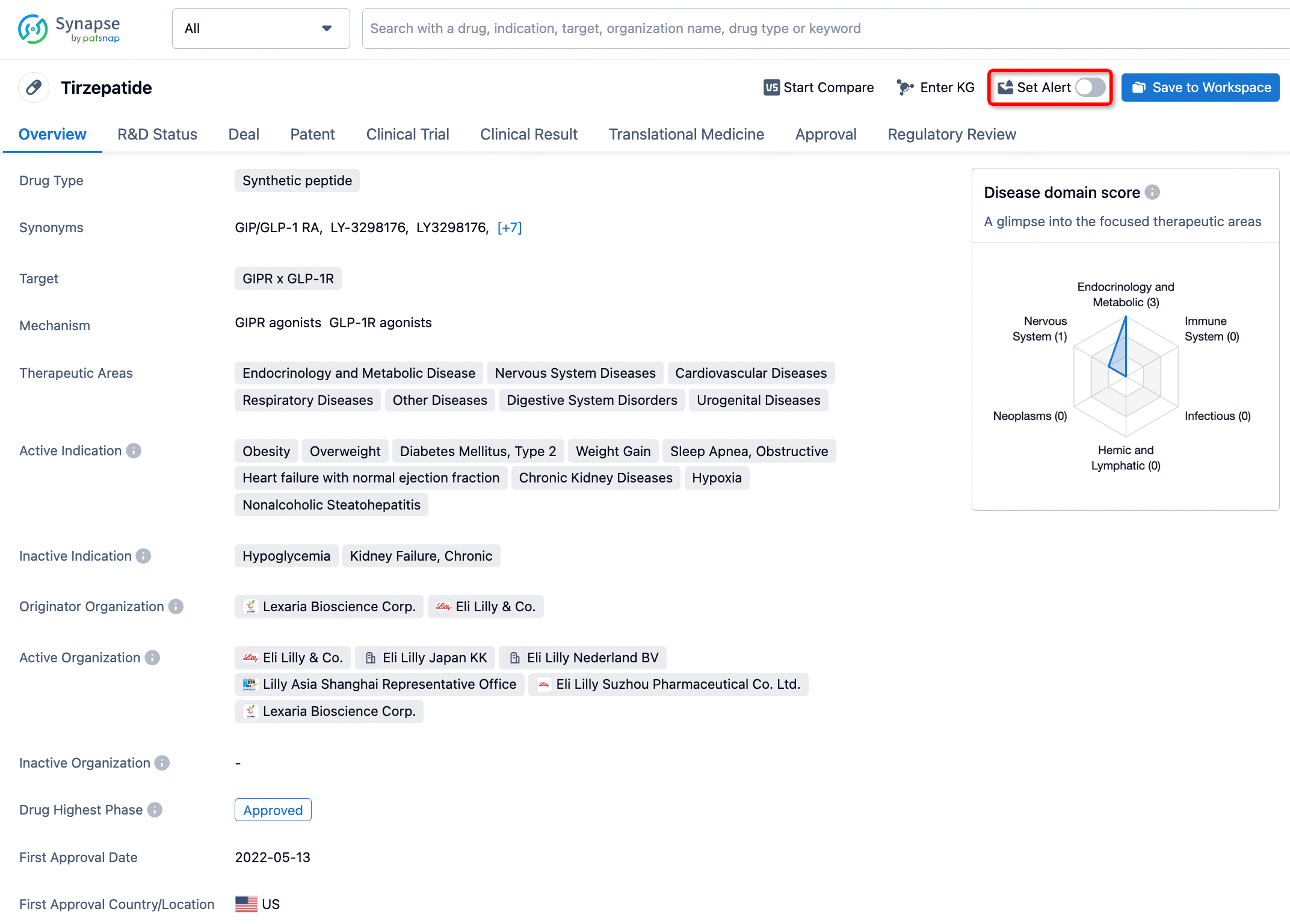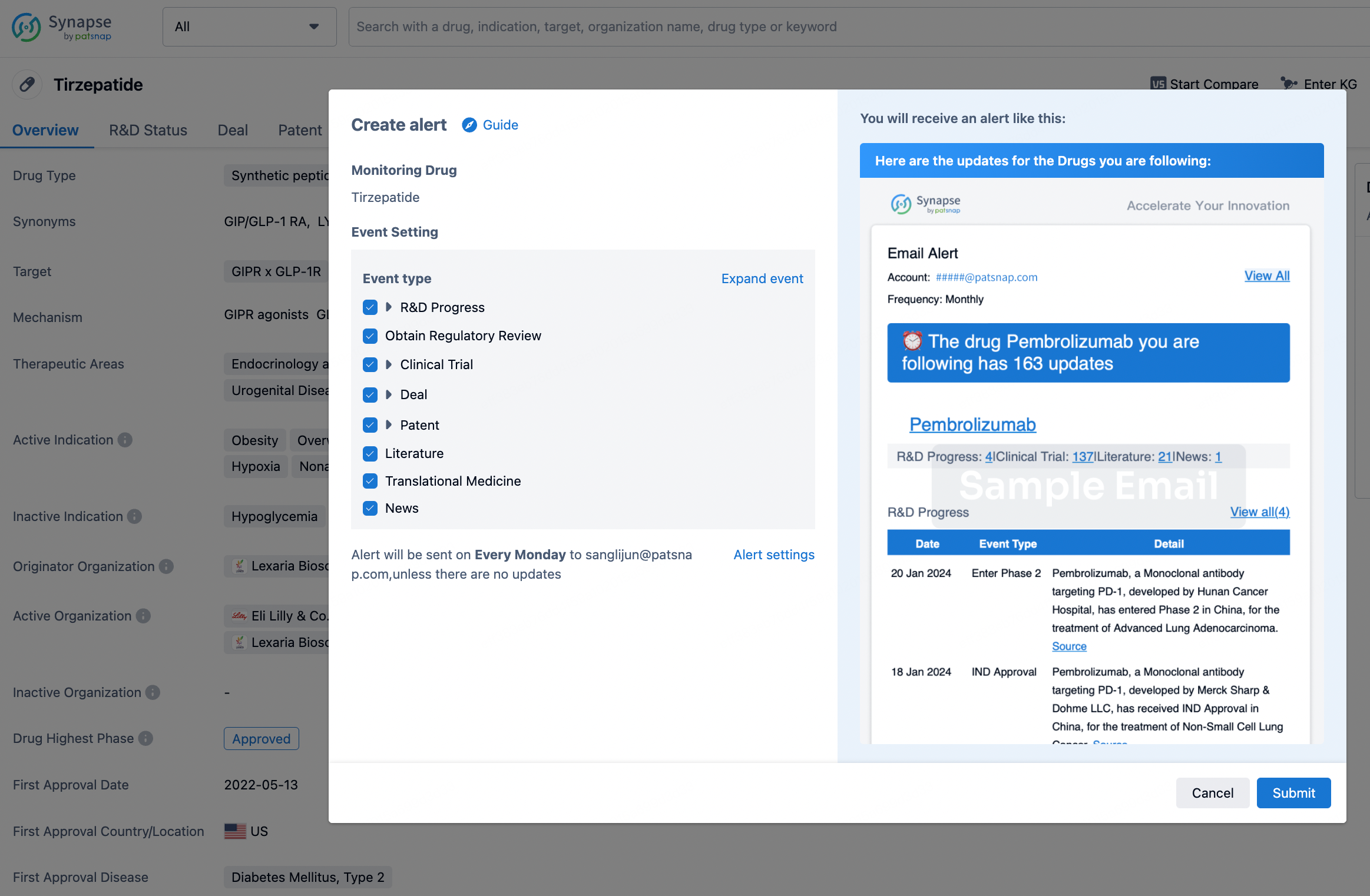Is Padcev approved by the FDA?
Yes, Padcev (generic name: enfortumab vedotin) is FDA approved. The U.S. Food and Drug Administration (FDA) granted approval to Padcev on December 18, 2019, for the treatment of adults with locally advanced or metastatic urothelial cancer, a common type of bladder cancer.
What is Padcev?
Padcev is an antibody-drug conjugate used in cancer therapy. It specifically targets Nectin-4, a protein highly expressed in bladder cancer cells. Once Padcev binds to Nectin-4 on the surface of cancer cells, it delivers a cytotoxic agent (MMAE) directly into the cells, disrupting their microtubules and inducing cell death.
Indications
Padcev is used to treat urothelial cancer in adults under the following conditions:
- In combination with pembrolizumab (Keytruda)
- As a single agent for patients who have previously received both an immunotherapy medicine and chemotherapy containing platinum, or for patients ineligible for cisplatin-containing chemotherapy after one or more prior lines of therapy.
Dosage and Administration
Padcev is administered via intravenous infusion. The dosage regimen depends on whether it is used alone or in combination with pembrolizumab:
- Single Agent: Administered on days 1, 8, and 15 of a 28-day cycle.
- Combination with Pembrolizumab: Administered on days 1 and 8 of a 21-day cycle.
Infusions are given slowly over 30 minutes, and the number of treatment cycles is determined by the treating physician.
Side Effects
Common Side Effects
- Rash
- Fatigue
- Hyperglycemia (high blood sugar)
- Peripheral neuropathy (nerve problems)
- Eye disorders (dry eyes, vision changes)
- Diarrhea or constipation
- Nausea
- Urinary tract infections
Serious Side Effects
- Severe skin reactions such as Stevens-Johnson syndrome (SJS) and Toxic Epidermal Necrolysis (TEN)
- Severe hyperglycemia
- Pneumonitis or interstitial lung disease (ILD)
- Peripheral neuropathy
- Infusion site reactions
Warnings and Precautions
- Skin Reactions: Padcev can cause severe and life-threatening skin reactions. Seek emergency medical help if you experience severe rash, blistering, or skin peeling.
- Hyperglycemia: Monitor blood sugar levels closely, as Padcev can cause severe hyperglycemia.
- Pneumonitis/ILD: Be aware of symptoms like new or worsening cough and trouble breathing.
- Peripheral Neuropathy: Monitor for symptoms like numbness and tingling in extremities.
- Eye Disorders: Regular eye exams and use of artificial tears may be necessary.
Use in Specific Populations
- Pregnancy: Padcev can cause fetal harm. Women of childbearing potential should use effective contraception during treatment and for two months after the last dose. Men should use effective contraception for four months after the last dose.
- Breastfeeding: It is not known if Padcev passes into breast milk. Breastfeeding is not recommended during treatment and for three weeks after the last dose.
Storage and Handling
Padcev should be stored in the refrigerator at 2°C to 8°C (36°F to 46°F) and protected from light. It should not be frozen or shaken. Reconstituted vials can be stored in the refrigerator for up to 24 hours.
Conclusion
Padcev (enfortumab vedotin) is an FDA-approved treatment for advanced urothelial cancer, offering a targeted approach to managing this challenging condition. Approved on December 18, 2019, Padcev provides a new therapeutic option for patients who have limited treatment alternatives. Always consult with a healthcare provider for personalized medical advice and treatment plans.
How to obtain the latest development progress of all drugs?
In the Synapse database, you can stay updated on the latest research and development advances of all drugs. This service is accessible anytime and anywhere, with updates available daily or weekly. Use the "Set Alert" function to stay informed. Click on the image below to embark on a brand new journey of drug discovery!






